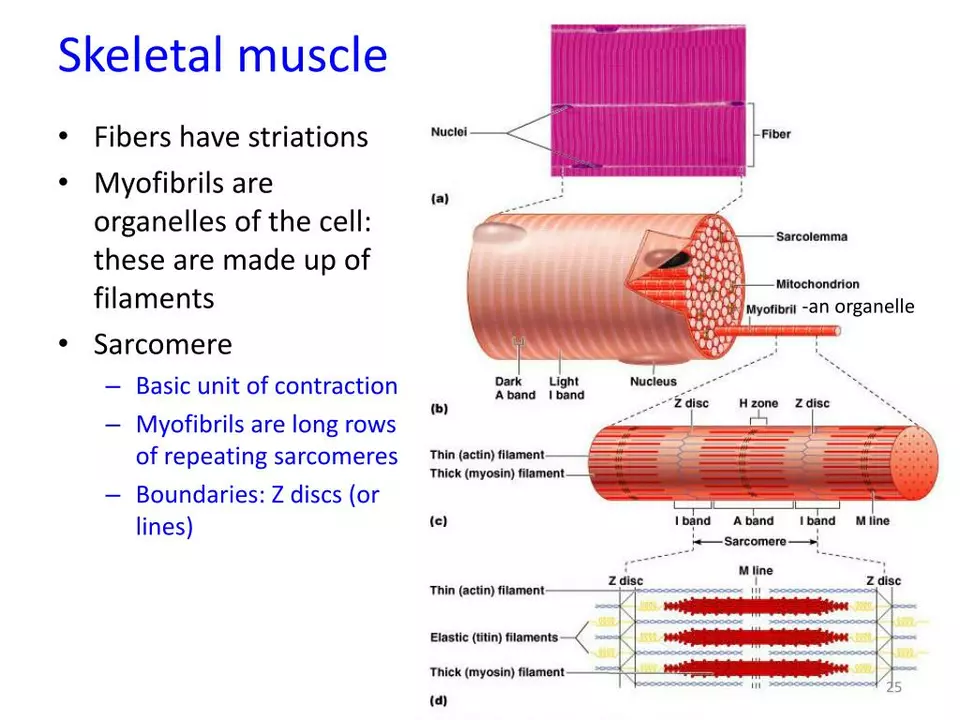Muscle disorders: quick answers you can use today
Muscle pain, weakness, and cramps are more than annoyances — they can stop you from working, sleeping, or enjoying life. Whether your issue started after a workout, popped up slowly, or came with other signs like fatigue or fever, you can often take simple steps to feel better fast. Below are clear, practical tips and when to get medical help.
Quick self-care that often helps
If your muscle problem began after exercise or a strain, try these first: rest the area, use ice for the first 48 hours if it’s swollen, then switch to heat to relax tight muscles. Gentle movement and stretching help blood flow and speed recovery — avoid heavy lifting until pain drops. For short-term relief, over-the-counter options like ibuprofen or acetaminophen can work, but follow dosing instructions.
For sudden cramps, stand up and gently stretch the affected muscle. Hydrate and try a small snack with electrolytes if you’ve been sweating a lot. Low magnesium or potassium can cause cramps; a balanced diet or a short supplement course can help some people. Vitamin D deficiency is another common trigger for muscle aches — a simple blood test can check that.
When to see a doctor & common treatments
Get medical help right away if you have severe weakness, sudden inability to move a limb, high fever, dark urine, or muscle swelling. These can signal serious conditions like rhabdomyolysis, inflammatory myositis, or nerve problems. Your doctor may order blood tests (like CK), imaging (MRI), or nerve studies to find the cause.
Treatments vary by diagnosis. For overuse injuries and strains, physical therapy and progressive strengthening work best. For inflammatory muscle diseases, doctors might use anti-inflammatory drugs or other prescriptions. If medications you take are linked to muscle pain — for example, some cholesterol drugs can cause myalgia — your provider may adjust your treatment.
Physical therapy, targeted stretching, and consistent home exercises are often the most cost-effective long-term fix. A good physical therapist will teach exercises you can keep doing at home, saving money and preventing relapses. When medication is needed, ask about generic options and low-cost pharmacy choices to keep treatment affordable.
If you’re managing chronic muscle issues, track what helps and what triggers flares. Keep a short log of activities, foods, meds, sleep, and symptoms. Small changes — improving sleep, easing stress, and pacing activity — can make a big difference.
On this site we focus on affordable health options and clear info about medicines and supplements. If you want specific drug info, checking reliable guides and talking to a pharmacist or doctor will help you pick safe, cost-effective choices. Practical care plus smart, affordable treatment usually gets people back to normal faster.
Skeletal Muscle Conditions in Children: What Parents Need to Know
- Robin Tudge
- May 6, 2023
- 18 Comments
As a parent, it's essential to be aware of skeletal muscle conditions that can affect children. These conditions can range from muscular dystrophies to nerve disorders, and early detection is crucial for proper treatment. It's important to recognize symptoms such as muscle weakness, pain, and delayed motor skills. Parents should consult a pediatrician if they notice any concerning signs in their child. By staying informed, we can help our children live healthier lives and manage any potential muscle-related issues.
read more
